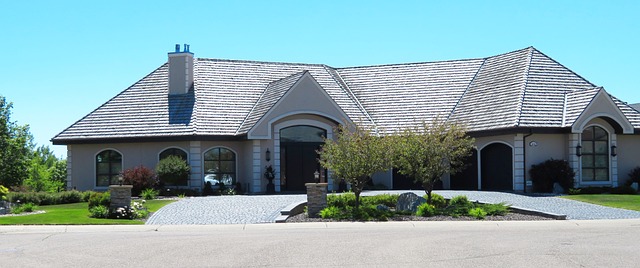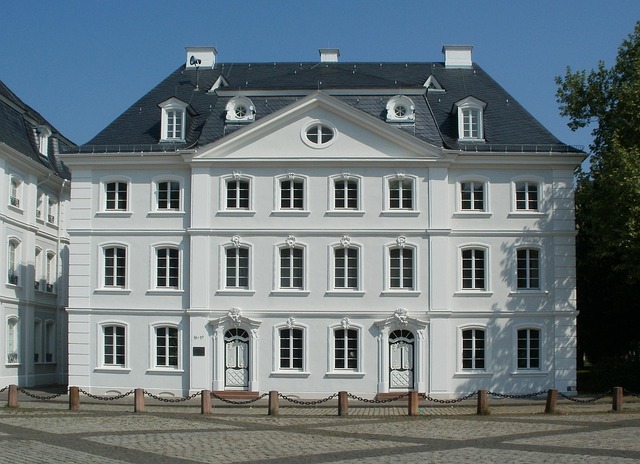The Singaporean government's Executive Condominium (EC) scheme is a housing initiative designed for middle-income families, offering a transitional option between public and private housing. To qualify for an EC, applicants must be Singapore Citizens aged 21 or above, forming or part of a nuclear family with a combined monthly income not exceeding SGD14,000. They cannot own another flat or have one that has been sold, to prevent speculative investments. Residency is limited to two generations within the household, promoting smaller families. Eligible applicants may receive financial support through the CPF Housing Grant (CHG). Prospective EC buyers should thoroughly understand these eligibility criteria and consider the obligations under CPF and HDB regulations before applying. This includes understanding the resale and rental rules for EC units within Singapore's dynamic property market. The EC pathway requires careful consideration of the comprehensive guidelines to ensure a smooth transition.
Singapore’s housing landscape offers diverse options tailored to different needs, with the Executive Condominium (EC) standing out as a popular choice for young families and professionals alike. This article delves into the intricacies of owning an EC, providing a comprehensive guide to understanding eligibility criteria, financing options, and the application process. Whether you’re considering the benefits of the five-year Minimum Occupation Period (MOP) or exploring how the CPF Housing Grant (AHG) can make your first home more affordable, this piece will illuminate these aspects and more. Navigate through the nuances of EC ownership, from defining what an EC is to securing a competitive home loan, ensuring you’re well-informed to make a sound investment in Singapore’s vibrant property market.
Understanding the Eligibility Criteria for Executive Condos in Singapore

In Singapore, the Executive Condominium (EC) scheme is a housing option tailored for public and private sector households. Prospective buyers interested in ECs must meet specific eligibility criteria to apply for one. These criteria are designed to ensure that these properties cater to the needs of upgrading families. As per the latest guidelines, applicants must be at least 21 years old, Singapore Citizens, and intending to form or already have a nuclear family. Additionally, the combined monthly income of applicants should not exceed SGD14,000. This cap is set to ensure that ECs remain accessible to middle-income families, providing them with a stepping stone to upscale housing options without the immediate leap to private condominiums. The eligibility criteria also stipulate that an applicant cannot own another flat, and if they do, it must be sold before applying for an EC. This policy is aimed at preventing speculative investments and ensuring the availability of these homes for genuine home seekers. Furthermore, applicants are limited to two generations living in the EC, which further aligns with the government’s objective of promoting small and nuclear family units within the public housing landscape. Understanding these eligibility criteria is crucial for potential buyers as it determines their suitability for purchasing an Executive Condominium in Singapore’s vibrant real estate market. The CPF Housing Grant (CHG) is also available to eligible applicants, offering financial assistance to make EC living more attainable. Prospective buyers are advised to review these criteria thoroughly and consult the relevant authorities or housing experts for guidance to ensure they meet all the necessary qualifications before committing to an EC purchase.

In Singapore’s unique property landscape, the Executive Condominium (EC) serves as a housing option that bridges the gap between public and private housing. Prospective homeowners considering an EC must navigate the specific requirements set forth by the government. An EC is designed for couples who wish to upgrade from a Housing & Development Board (HDB) flat but do not necessarily meet the income ceiling for a private condominium. To qualify for an EC, applicants must satisfy certain criteria: they should either be first-time applicants for a BTO (Build-To-Order) flat, or have disposed of their previous HDB flat within a stipulated period before the application. Additionally, applicants’ combined monthly income should not exceed S$14,000. This ensures that ECs remain accessible to those who are at a relatively stable financial standing but still require assistance in making the transition from public to private housing. The eligibility framework for ECs is tailored to provide a stepping stone for young families to progress and contribute to the economy while maintaining a balance in the housing market. Prospective buyers should thoroughly understand these requirements before embarking on their application process, as it involves strict guidelines and a commitment to adhere to the rules set by the CPF (Central Provident Fund) and HDB regulations regarding resale and the rental of EC units.
In wrapping up our exploration of the Executive Condominium (EC) landscape in Singapore, it’s evident that these housing options serve as a significant step-up for aspiring homeowners. The eligibility criteria for ECs are tailored to provide young families and individuals with the opportunity to enjoy condominium living at more affordable prices without compromising on quality. Prospective buyers should thoroughly review the guidelines set forth by the CPG (Central Provident Fund Board) and HDB (Housing & Development Board) regarding the income ceilings and occupancy period stipulations to ensure eligibility for an EC. As the EC scheme continues to evolve, it remains a dynamic component of Singapore’s property market, offering a progressive pathway from public to private housing. For those interested in exploring the benefits of an Executive Condominium EC as part of their home ownership journey, staying informed on the latest updates and regulations is crucial. With careful consideration and planning, an EC can be an ideal choice for your future abode.



